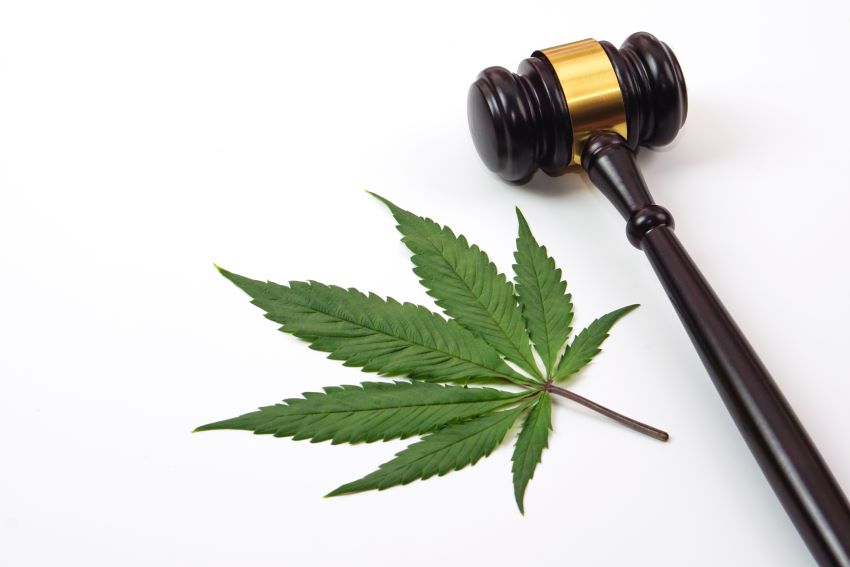
While doctors in Barbados can prescribe cannabis, they must follow a stringent legal process and obtain the necessary permissions from the authorities.
Superintendent Anthony Warner of The Barbados Police Service made this clear while speaking at the National Council on Substance Abuse (NCSA) panel discussion titled “The Grassroots of Medicinal and Recreational Cannabis.” The event brought together various stakeholders to discuss the evolving landscape of cannabis legislation in Barbados.
Addressing what he said was a common misconception about the role of law enforcement in interpreting legislation, Superintendent Warner emphasised that the police are not responsible for interpreting the law but for enforcing it within the framework established by the state.
“It probably would be a dangerous thing if you have to leave it to the police to interpret the law because they might do it in their own interest,” he remarked, underscoring the importance of adherence to the legal standards set by the state.
One of the key topics discussed was the recent amendment to the Drug Abuse Prevention and Control Act CAP 131, which introduces a more nuanced approach to handling minor cannabis offences. Mr. Warner clarified that while the possession of any amount of cannabis remains illegal, the amendment, specifically section 6A, introduces a fixed penalty system for individuals found with 14 grams or less of cannabis. This system allows police officers to issue a ticket instead of making an arrest, provided the individual does not challenge the nature of the substance.
“Before, if you got any amount, a stem, a seed, a stalk, the police could have arrested you for the smallest amount of cannabis. What the law does now, is tell us to give a different approach on how the police would treat that type of offence,” Superintendent Warner explained.
Addressing the community’s concerns about cannabis use and the role of medical practitioners, Mr. Warner stressed the legal requirements for prescribing medicinal cannabis. He noted that while doctors can prescribe cannabis, they must follow a stringent legal process and obtain the necessary permissions from the authorities. This ensures that the use of cannabis remains regulated and does not slip into misuse or abuse.
The Superintendent also highlighted the importance of collaboration between the police and the community. He believes that such interactions foster mutual understanding and trust, making it safer and more comfortable for citizens to communicate with law enforcement.
Mr. Warner provided a comprehensive overview of the current state of cannabis legislation in Barbados. His insights highlighted the balance the law seeks to achieve between enforcement and leniency, ensuring that while cannabis possession remains an offence, minor infractions are dealt with in a way that is fair and proportional.
The discussion underscored the ongoing need for community engagement and legal clarity as Barbados navigates the complex terrain of cannabis regulation.
